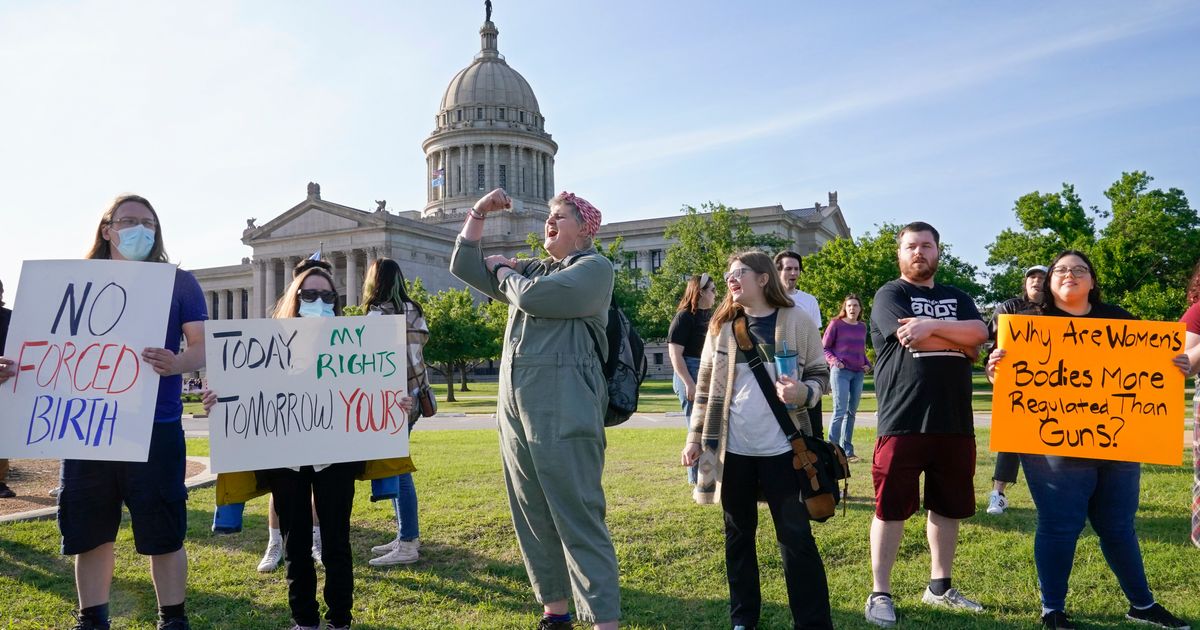Key takeaways:
- The Oklahoma Supreme Court ruled that two state laws banning abortion are unconstitutional.
- The ruling found the Oklahoma Constitution provides an “inherent right of a pregnant woman to terminate a pregnancy when necessary to preserve her life.”
- The ruling does not legalize abortion in Oklahoma, but provides a measure of clarity on the legality of the procedure.
The Oklahoma Supreme Court ruled on Wednesday that two state laws banning abortion are unconstitutional, but the procedure remains illegal in the state in most cases. The laws, SB 1603 and HB 4327, both included a civil-enforcement mechanism that allowed citizens to sue someone who either performed or helped someone perform an abortion.
In a 6-3 ruling, the high court said the two bans are unconstitutional because they require a “medical emergency” before a doctor can perform an abortion. The ruling found the Oklahoma Constitution provides an “inherent right of a pregnant woman to terminate a pregnancy when necessary to preserve her life.”
The ruling was welcomed by reproductive rights advocates, who argued that the laws were an unconstitutional infringement on a woman’s right to choose. However, the ruling does not legalize abortion in Oklahoma, as the procedure remains illegal in most cases.
The ruling is the latest in a series of court decisions that have sought to clarify the legality of abortion in the state. In recent years, the Oklahoma Supreme Court has ruled that the state’s laws on abortion are unconstitutional, but the procedure remains illegal in most cases.
The ruling is likely to be appealed to the U.S. Supreme Court, which could ultimately decide the fate of abortion in Oklahoma. In the meantime, the ruling provides a measure of clarity on the legality of abortion in the state, and reproductive rights advocates hope it will lead to greater access to the procedure.



Be First to Comment